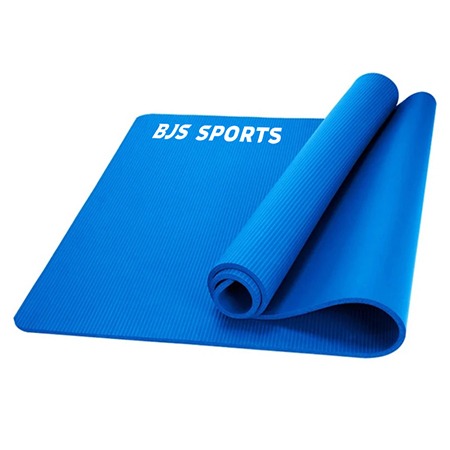Description
1. Material Composition: A quality yoga mat is typically made from eco-friendly
materials like natural rubber, TPE (Thermoplastic Elastomer), or PVC-free
materials.
2. Thickness: The thickness of the mat affects comfort and support. A standard
thickness is around 5-6mm, but thicker mats (8-10mm) provide extra cushioning
for joint support.
3. Grip and Traction: A good yoga mat should offer a non-slip surface, ensuring
stability and safety during practice.
4. Durability: Look for mats that are built to last, resistant to wear and tear, and
won’t degrade quickly.
5. Texture: The folding gym mat has various textures like smooth, textured, or patterned.
Texture affects grip and comfort.
6. Weight and Portability: Consider if the mat is lightweight and easy to carry, which
is essential for those who travel with their mat.
7. Size: Standard yoga mats are about 24 inches wide and 68 inches long, but
longer and wider options are available for taller individuals.
8. Eco-Friendliness: Eco-conscious mats are made from sustainable materials and
are free from harmful chemicals.
9. Maintenance: Mats should be easy to clean and maintain. Look for ones that are
machine washable or can be cleaned with a damp cloth.
10.Price: While quality is essential, folding gym mat come in various price ranges. Choose one
that fits your budget while meeting your requirements.







